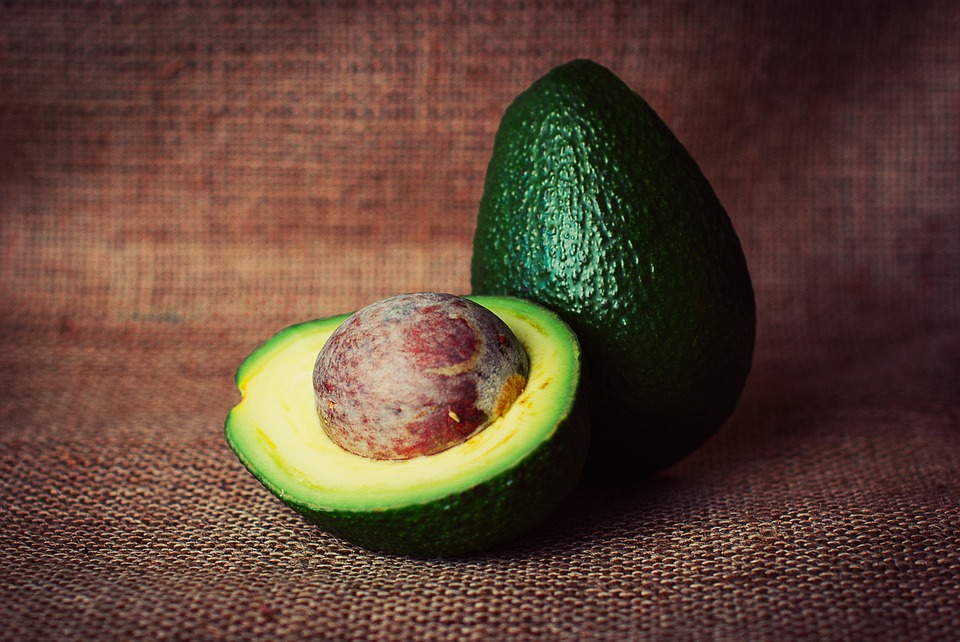Are You Getting Enough Protein?
avo
Protein. It’s vital for our health. But did you know that too much protein can actually increase the rate of chronic disease and weight gain? The other day I was at a popular “healthy” chain where they offered a gluten-free, hemp-seed brownie, advertised to have tons of protein. First of all, not only was this thing laden with sugar, but after eating a balanced meal, more protein is redundant. It can actually be detrimental to your health, as studies have shown that eating more protein than your body needs causes weight gain, inflammation, dehydration, stress on your kidneys, and loss of important bone minerals.
How much protein do I need?
Well, it all boils down to the individual. How frequently do you work out? Are you male or female? How much do you weigh? Are you under stress or are you pregnant? These are some of the factors that contribute to determining how much protein you need. A simple 0.45 grams of protein per pound like the USDA recommends may not be enough.
According to women’s hormone expert, Dr. Sara Gottfried, you should eat an average of 0.75-1.0 grams of protein per pound of lean body mass. If you are an athlete, or under extreme stress, or lactating, or pregnant, you should eat on the higher end. If you lead a more sedentary life, or work out less than 3 times a week, aim for the lower end.
I agree with the amounts listed by Dr. Gottfried, but with one exception: if you lead a more sedentary lifestyle, 0.4-0.5 grams per pound of lean body mass should be sufficient for your needs (per Dave Asprey).
Where should I get my protein from?
DSC_0037
Whether you choose to get your protein from animals or plants is completely up to you. Being vegetarian is a lifestyle choice that should come from a genuine desire to change your diet, not because someone told you to do so. Alternatively, if you are eating meat, it is important to get it from a healthy and sustainable source.
Is it possible to get enough protein without eating meat?!
One of the most popular misconceptions that people have about a plant based diet is that it is impossible to get enough protein without meat. Well guess what? I’m here to inform you that this is a myth!
It is entirely possible to get your daily requirement of protein without eating meat. In fact, the leanest, cleanest sources of protein are beans and other legumes. They are also free of cholesterol, hormones, and antibiotics. A variety of plant-based protein powders can also be found on the market today. This is an excellent way for vegetarians and vegans to make sure they are covered. I put a heaping scoop everyday in my morning smoothie.
What about protein from meat?
milk
Meat consumption has dramatically increased in the US over the past century, and sadly, the quality of meat has declined. A large amount of the meat consumed is of poor quality, originating in confined animal feeding operations (CAFOs) where animals are kept in unclean and inhumane conditions. These animals are fed a diet of mostly GMO grains instead of grass, resulting in meat that is full of Omega 6’s. Furthermore, these animals are injected with hormones and antibiotics that also end up on your plate.
Grass-fed and pastured meat (as well as dairy and eggs) is superior to that from animals raised in CAFOs in many ways:
Higher in total Omega 3’s
Higher in CLA, a potential cancer fighter
Higher in vitamin E
Higher in the B vitamins thiamin and riboflavin
Higher in the minerals magnesium, potassium, and calcium
Higher in beta-carotene
When you are next faced with the decision between factory farmed meat and organic, pastured meat, remember that a healthy animal means a healthy you.
Happy clean eating!
Health Coach Jenna



